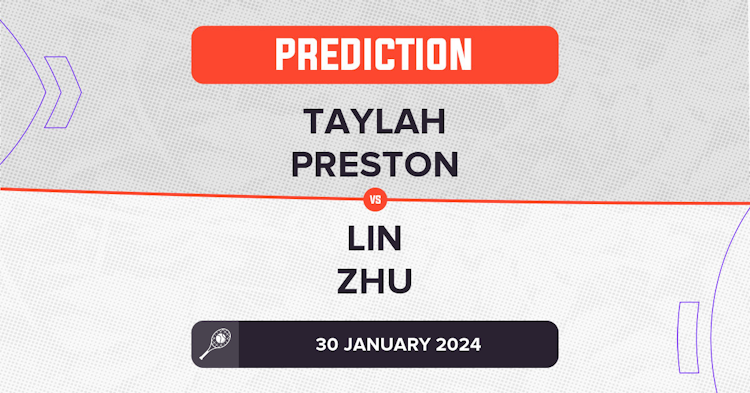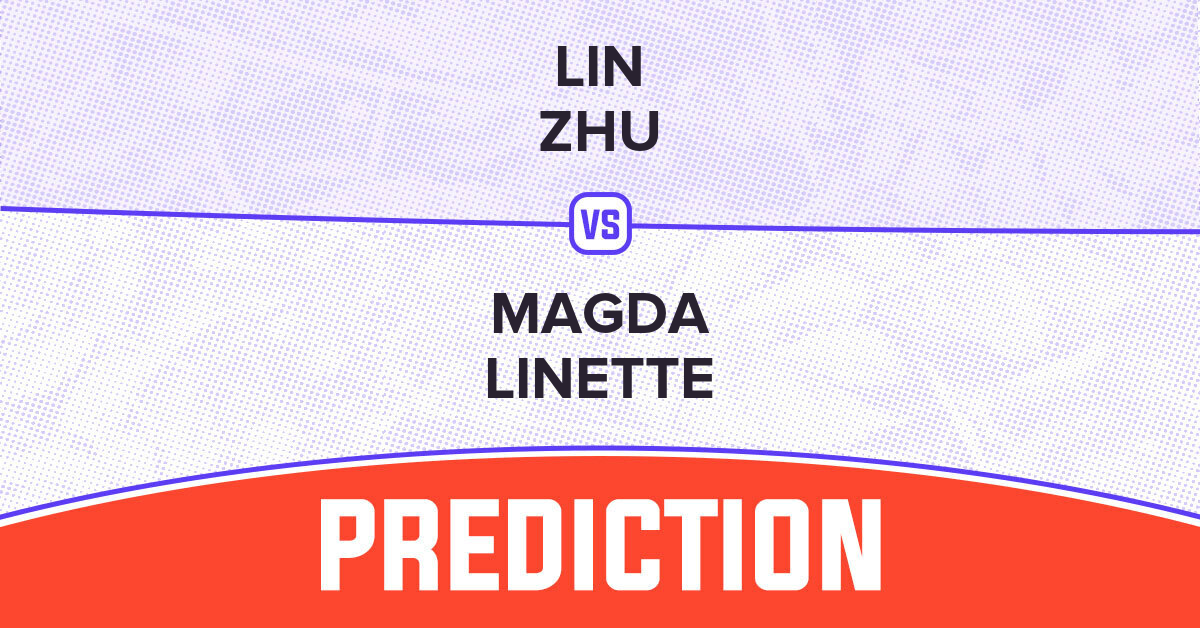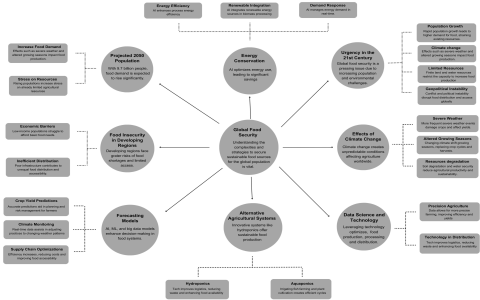Okay, let’s talk about predicting Lin Zhu’s performance, which I’ve been messing around with lately. It’s been a bit of a rollercoaster, to be honest.

I started by gathering a bunch of data on Lin Zhu and her opponents. You know, match results, breakpoints saved, all that jazz. I also looked into some fancy machine learning stuff, like those models that simulate matches thousands of times.
First, I tried simulating a bunch of matches, like 10,000 times, to see how often she’d win against different players. It was pretty interesting, and gave me some probabilities.
- Simulated matches: Ran simulations to predict outcomes.
- Win probabilities: Got some numbers on her chances against various opponents.
Then, I dug into how she handles pressure, like saving breakpoints. The data showed she’s been saving around 48-49% of those, which isn’t too shabby, but it got me thinking, “Can I predict this better?”
Next, I started playing around with different machine learning models. I tried some things like linear regression, decision trees, and random forests. There was even a neural network thrown in there, just for kicks. Each model tried to predict things like air quality or weather, and I thought, “Why not use that kind of approach for tennis?”
I also looked into how other folks have been using spatial data in their models. I thought incorporating that could make the predictions even better, you know, since tennis involves court positioning and all that.

After messing around with these models, and feeding them all the data I could find, I started comparing their predictions. I used something called Root Mean Squared Error to see which model was doing the best job.
Results of My Little Experiment
So far, it’s been a mixed bag. Some models are decent, giving me win probabilities that seem somewhat in line with reality. Other models, not so much. But hey, it’s a learning process, right?
In the end, I managed to get a few models that seemed to be onto something, with one model giving Lin Zhu a 40% win probability against a certain player, and another giving a 79% win probability against a different opponent. It’s not perfect, but it’s a start.
It’s been a fun ride, and I’m still tweaking things. I just wanted to share my little adventure in trying to predict Lin Zhu’s performance. Who knows, maybe I’ll stumble upon something really cool eventually. Or maybe not. Either way, it’s been a blast.














